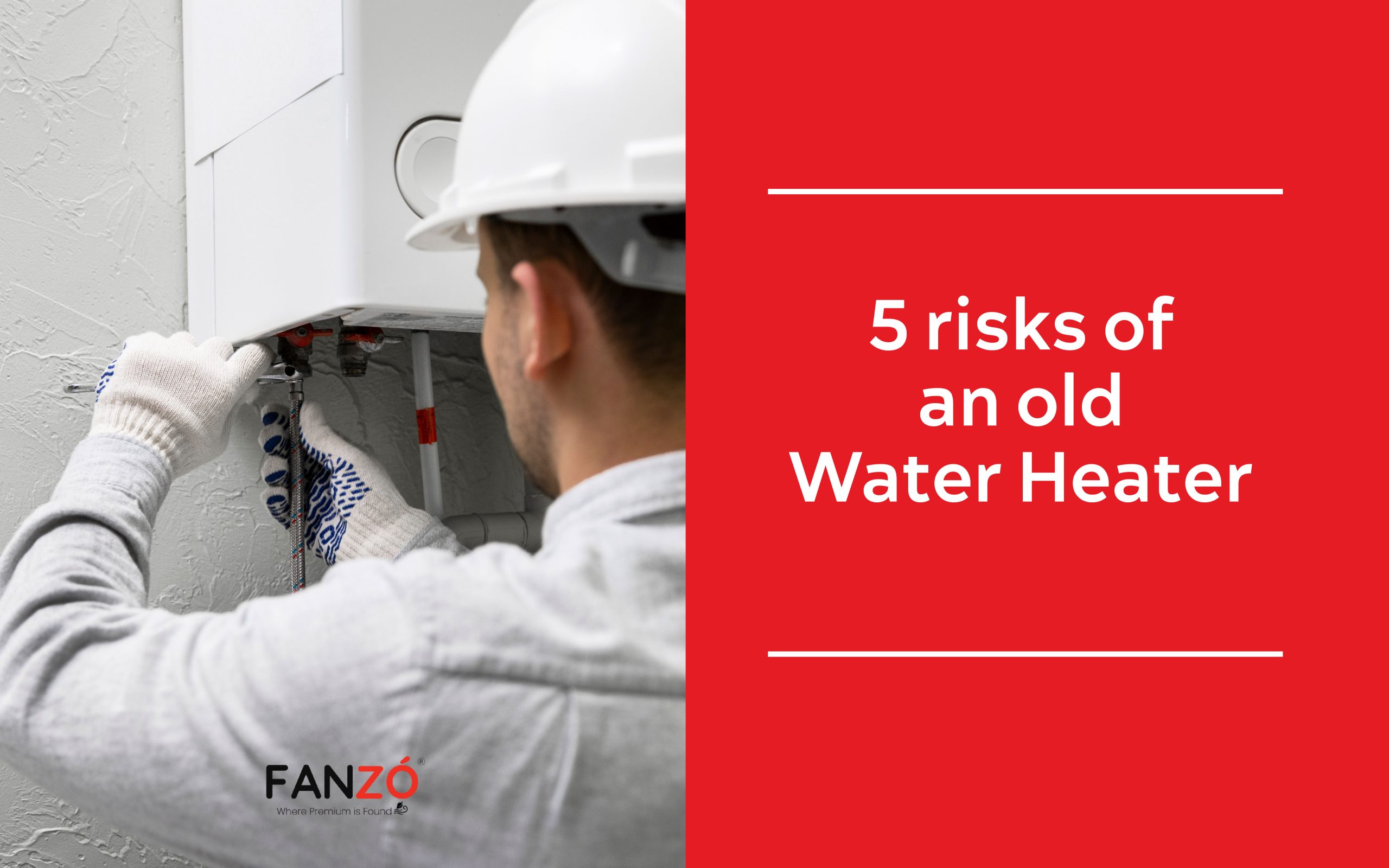
Water heater leaks create ideal conditions for mold growth, posing health risks and structural damage. Act promptly if you notice signs like water pooling near the unit to mitigate mold growth.
With age, electrical water heaters may cause more power outages due to aging heating elements that can short circuit, leading to breaker trips or blown fuses.
Aging water heaters may struggle with water pressure due to failing valves, often blocked by sediment and minerals. This can result in reduced pressure or even a total loss of hot water.
An overheating water heater is a sign of trouble, often due to sediment or hard water buildup. Increased burner activity raises temperatures, risking burns and potential fires.
Old water heaters can attract nesting critters seeking warmth. Outdoor or exposed units are especially prone to this issue.
Rodents like rats and mice pose risks by chewing wires and insulation, creating fire hazards and damaging your water heater. Keep the area around your heater clear of debris to prevent this. If you notice signs of damage, consider replacing your water heater promptly.